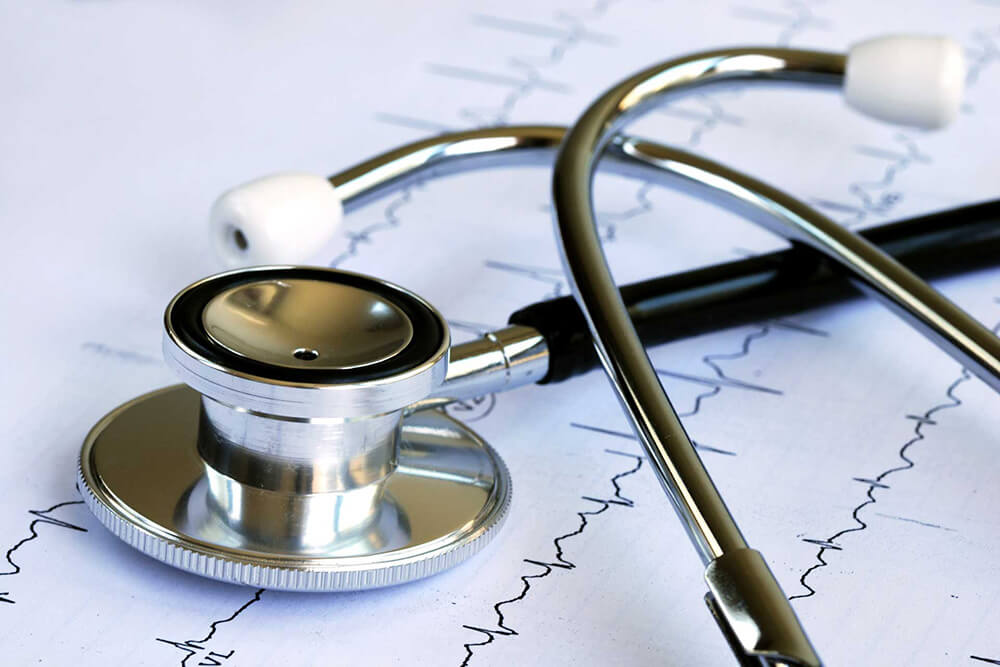- RN Programs
- RN Programs by State
- Alabama
- Alaska
- Arizona
- Arkansas
- California
- Colorado
- Connecticut
- Delaware
- Florida
- Georgia
- Hawaii
- Idaho
- Illinois
- Indiana
- Iowa
- Kansas
- Kentucky
- Louisiana
- Maine
- Maryland
- Massachusetts
- Michigan
- Minnesota
- Mississippi
- Missouri
- Montana
- Nebraska
- Nevada
- New Hampshire
- New Jersey
- New Mexico
- New York
- North Carolina
- North Dakota
- Ohio
- Oklahoma
- Oregon
- Pennsylvania
- Rhode Island
- South Carolina
- South Dakota
- Tennessee
- Texas
- Utah
- Vermont
- Virginia
- Washington
- West Virginia
- Wisconsin
- Wyoming
- Online RN Programs
- RN Bridge Programs
- Articles
- Search Programs

Now more than ever, Registered Nurses (RNs) rely on a vast array of equipment and tools to perform their jobs. In nursing school, you will be introduced to many of them. In the meantime, it may be helpful to familiarize yourself with the most common types of RN equipment and how they are used during the course of a nurse's workday.
Table of Contents[hide]
Although the specific tools you use in your job as an RN may vary, the vast majority of Registered Nurses rely on the following types of equipment and tools on a regular basis:
1. RN Tools
To perform their jobs as efficiently and effectively as possible, most RNs carry around personal tools throughout their day. These typically include penlights, watches with second hands, hemostats, pens, bandage scissors, and stethoscopes. RNs usually supply these tools themselves, and many use different or additional tools to ensure they're always ready for anything.
2. In-Room Equipment
RNs rely on a lot of different equipment in patients' rooms. Automated IV pumps, ventilation equipment, and patient-controlled medication pumps are just a few examples. It's not uncommon to find wound/drainage systems in patients' rooms, and blood gas monitoring equipment is fairly ubiquitous too. While you may learn how to use some of these machines in nursing school, on-the-job training is pretty common as well.
3. Portable Diagnostic Equipment
As an RN, you're almost certain to have a rolling vital sign kit, which will include things like blood pressure monitoring cuffs and thermometers. If your facility relies on electronic health records, you're likely to have a mobile electronic charting system. Other types of portable equipment used by RNs include pulse oximeters and glucometers.
4. Computer Equipment
These days, you can't excel as an RN without becoming at least a little computer savvy. Nurses rely on computers for everything from timekeeping to scheduling. Computers are often used to reorder supplies and medications. RNs also check their email and perform research on computers. Most crucially of all, many facilities use electronic medical record systems, which are installed on computers. You can expect to receive training on how to use them if you don't know already.
5. Specialty-Specific Equipment
If you branch out into a certain specialization at some point in your RN career, you will likely encounter new types of equipment. If you work as a dialysis nurse, for instance, you will be using dialysis machines. If you work in a clinic that assists people with asthma, you will probably become quite familiar with peak flow systems. Even if you're not in a clinical setting, you will have special equipment to use. Public health nurses, for instance, may use water collection systems to assess the condition of groundwater.
6. Miscellaneous Equipment
Other types of equipment that RNs are likely to use throughout their days include intravenous devices, various monitoring systems, and specialized diagnostic equipment. Also, many facilities use medication administration systems, which include bar-coding and scanning equipment, to enhance patient safety and improve efficiency. When giving a patient medication, an RN will scan their wristband and then the medication to ensure the right patient is receiving the correct medication.
When it comes to learning about RN equipment, nothing beats first-hand experience. Until then, though, make a point of studying up about the types of equipment, tools, and technologies you're likely to encounter as an RN.






